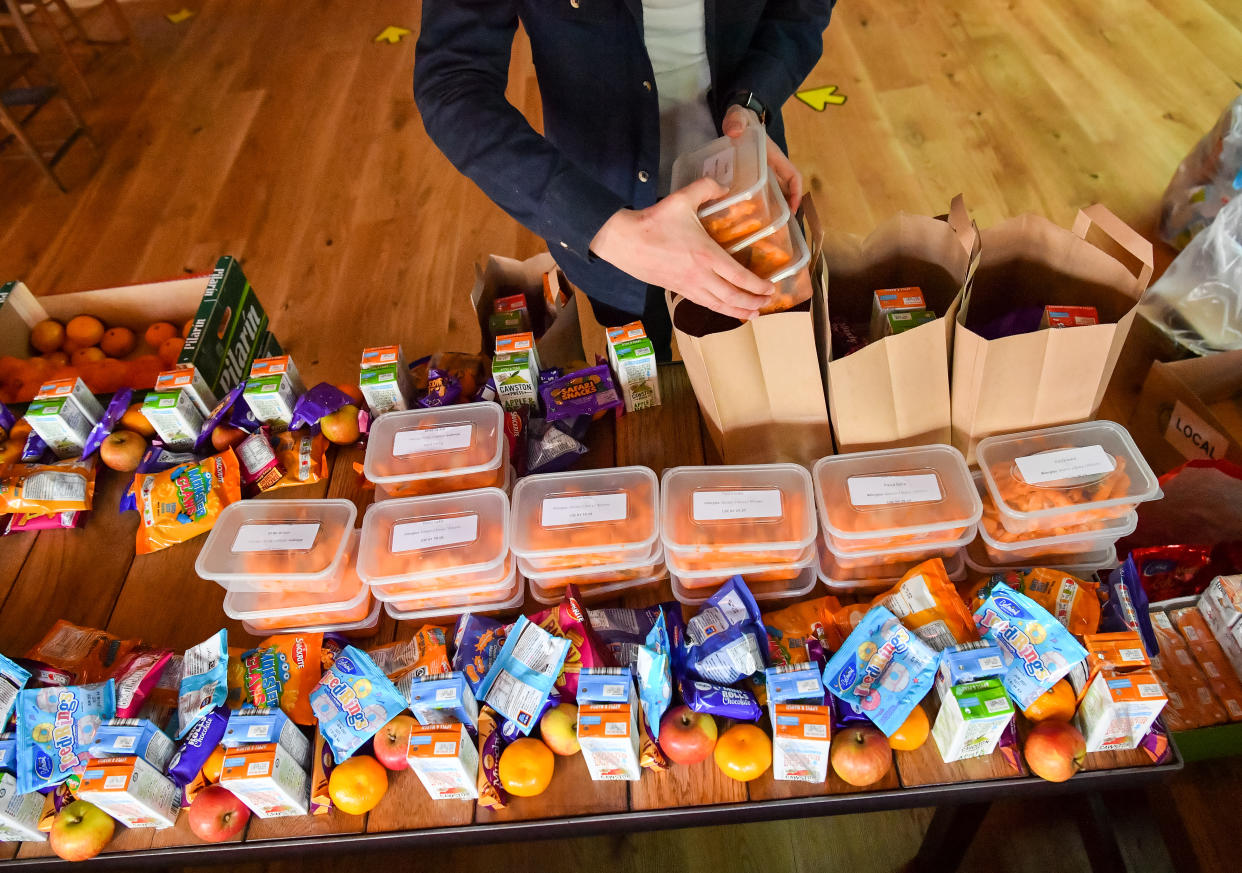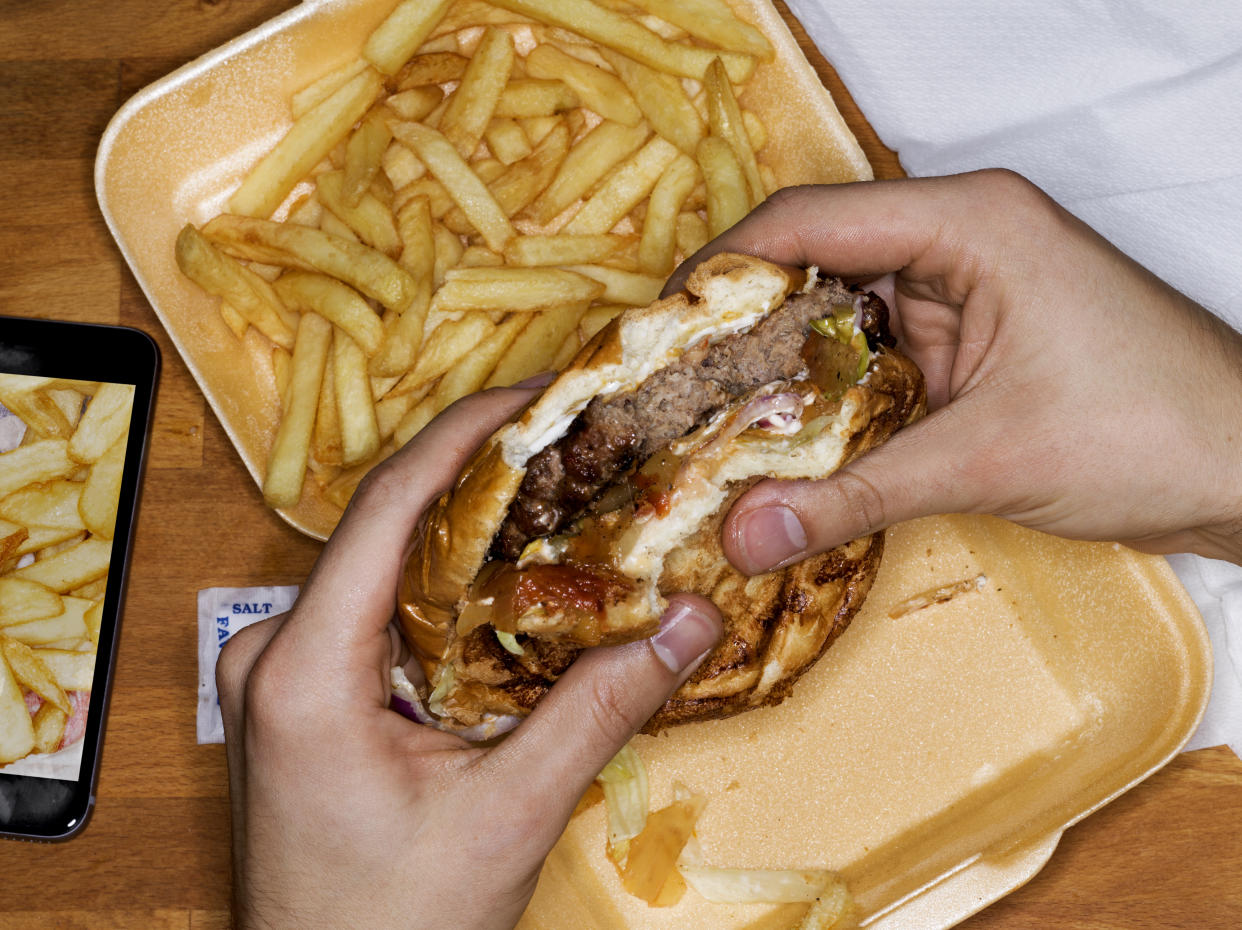Have your say: Should we be forced to pay more for salty and sugary food?
A new report is urging the government to introduce a tax on sugary and salty foods in an attempt to improve the nation's health.
The report, from the National Food Strategy, calls for the introduction of the world’s first Sugar and Salt Reformulation Tax, with some of the money being used to expand free school meals and support the diets of those living in the most deprived neighbourhoods.
A £3 per kg tax on sugar and a £6 per kg tax on salt sold for use in processed foods or in restaurants and catering businesses would incentivise manufacturers to reformulate their recipes or reduce their portion sizes, the report says.
The way appetite malfunctions in the modern world has created a huge market for unhealthy foods, the report’s authors explain.
The average Briton now consumes five times the volume of crisps than they did in 1972 and eat 1.5 times the amount of breakfast cereal than they did in 1970 – with breakfast cereals becoming much more sugary over the same period, the report says.
Poor diet contributes to an estimated 64,000 deaths every year in England. More than half of over-45s are living with diet-related health conditions.
Watch: PM: Junk food ad ban to tackle national obesity 'struggle'
By 2035/36, type 2 diabetes is projected to cost the NHS £15 billion a year, or one and a half times as much as cancer does today.
“Halting this trajectory is the single biggest thing we can do to protect the future of our health service.
“Education and willpower are not enough. We cannot escape this vicious circle without rebalancing the financial incentives within the food system,” the report concludes.
The tax could raise up to £3.4 billion per year for the Treasury and should be introduced in a 2024 Finance Bill, the report recommends.
It is possible, the report warns, that the price of some products – particularly those, such as value jam, that are almost entirely made from sugar – will rise.
“We do not want to place added financial pressures on those households that are already struggling to put food on the table. We especially want to avoid the possible unintended consequence that hard-pressed shoppers end up cutting back on healthy foods.”
To prevent this, the report proposes a series of measures to get fresh food and ingredients to low-income households with children, including expanding free school meals and extending the Holiday Activities and Food programme for the next three years – to support children during both term time and holidays.

In response to the report, restaurateur Bill Granger said: “We all hate the idea of anyone telling us what to eat, and it never ever works.
“But simple measures like a sugar and salt tax that reflects the true cost of these foods will help us as food producers to look at our recipes and adjust them with more sustainable and healthier alternatives.”
However, Food and Drink Federation chief scientific officer Kate Halliwell criticised the recommendations, arguing that taxes “will not drive reformulation”.

She added: “Food and drink manufacturers have been voluntarily lowering fat, salt and sugars in recipes for decades as well as reducing portion size, but it takes time to change much-loved products.
“Furthermore, the government’s proposed advertising ban and promotions restrictions would limit the ways in which companies can let families know about exciting new options.
“It is hard to view the proposals that the taxes raised will pay for additional health plans, with anything but scepticism.”
Read more: Cut meat eating by 30% to tackle health and climate crises, says major report
Watch: How the world could be better after COVID



